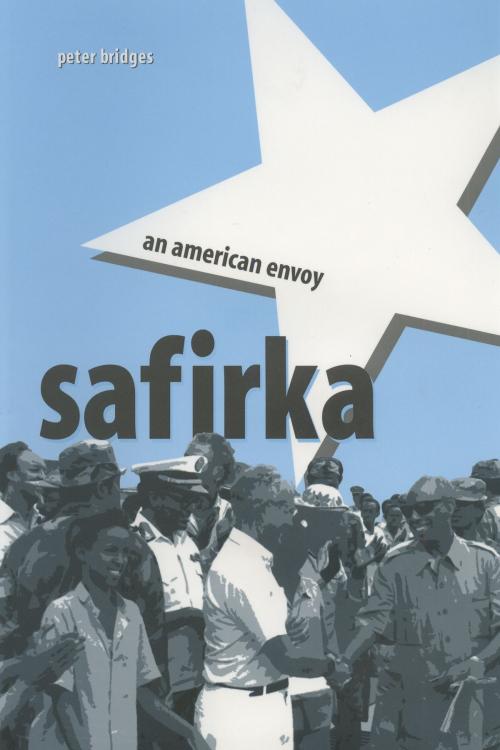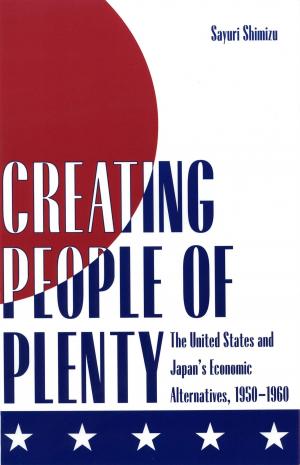| Author: | Peter Bridges | ISBN: | 9781612772400 |
| Publisher: | The Kent State University Press | Publication: | May 25, 1996 |
| Imprint: | The Kent State University Press | Language: | English |
| Author: | Peter Bridges |
| ISBN: | 9781612772400 |
| Publisher: | The Kent State University Press |
| Publication: | May 25, 1996 |
| Imprint: | The Kent State University Press |
| Language: | English |
Peter S. Bridges’s service as an American ambassador to Somalia capped his three decades as a career officer in the American Foreign Service. Safirka, a frank description of his experiences in Somalia and elsewhere, offers pointed assessments of American foreign policy and policymakers. Bridges recounts his service in Panama during a time of turmoil over the Canal; in Moscow during the Cuban missile crisis; in Prague for bleak years after the Soviet invasion; in Rome when Italian terrorists first began to target Americans; and in key positions in three Washington agencies.
In Somalia Bridges managed the largest American aid program in sub-Sahara Africa. He dealt with a postcolonial regime, hobbled both by traditional clan rivalries and by a leader who cared far less about Somalia’s people and progress than about maintaining his control over that poverty-stricken, strategic – which soon erupted in civil war.
Peter S. Bridges’s service as an American ambassador to Somalia capped his three decades as a career officer in the American Foreign Service. Safirka, a frank description of his experiences in Somalia and elsewhere, offers pointed assessments of American foreign policy and policymakers. Bridges recounts his service in Panama during a time of turmoil over the Canal; in Moscow during the Cuban missile crisis; in Prague for bleak years after the Soviet invasion; in Rome when Italian terrorists first began to target Americans; and in key positions in three Washington agencies.
In Somalia Bridges managed the largest American aid program in sub-Sahara Africa. He dealt with a postcolonial regime, hobbled both by traditional clan rivalries and by a leader who cared far less about Somalia’s people and progress than about maintaining his control over that poverty-stricken, strategic – which soon erupted in civil war.















